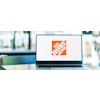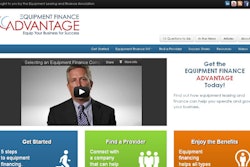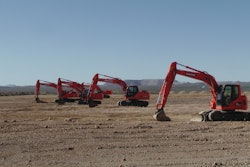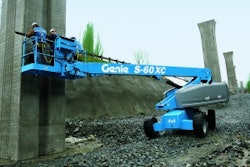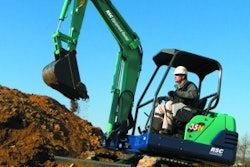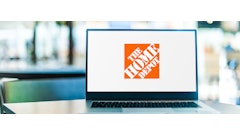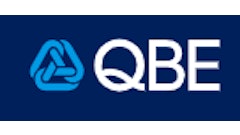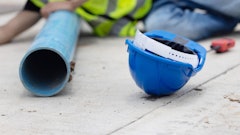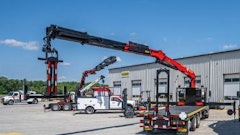As we've mentioned in the past, there are many ways to secure construction equipment. Traditional ways include from your local dealer, a rental company, another contractor or at an auction. It's easy to buy, but then we get to the financing part. That is where many small or new contractors have a hard time getting the transactions completed.
We've also discussed in depth the advantages of renting equipment to complete your work, especially in this current market of weak rental rates. Of course, you have to complete a credit application and provide an insurance certificate or pay for a loss damage waiver. And you may have to make a deposit or supply a credit card to cover your first rental. I believe rental companies will work something out with you if you communicate with them as your work progresses.
For new companies in the construction business, in a weak construction market, the choice of taking on a fixed obligation for an extended period of time may not be financially feasible at this time, with rental as the way to go until the market stabilizes.
For those of you who find yourselves with the need to own your equipment, but without the history or credit score to support a purchase, the alternative is to explore a purchase from the rental company through an installment payment plan. You buy the unit and make the monthly payment to the rental company until you pay it off.
This is not a bad deal, since the rental company can both fix and move the equipment -- which is not a bad partner to have. Normally, I don't think rental companies would get into installment deals, but in this market, they may be "do-able."
Leasing Companies May be Willing to Make a Deal
A financial leasing company is another source of used equipment where there may be an interest in providing financing for the purchase. However, a leasing company only finances the machine; it has limited ability to fix it, move it or rent it on a short-term basis. The leasing company primarily provides the paperwork and financing for a long-term lease, then hopes it can sell the unit for at least the original residual value. It's up to the lessee to operate and care for the equipment once the lease is in place.
Leasing companies calculate their rate of return based on the interest they collect, including the residual proceeds they collect. If they do it right, their biggest risk is if the lessee fails to pay and they have to move the unit before they intend to. But normally, they do quite well for themselves.
Even though leasing companies do well on the original transaction, they can do really well if they can collect additional rentals before selling the unit. In this weak equipment market, this concept has more merit than it usually does, because leasing companies may hold units until equipment values firm up. Consequently, those of you with a desire to "own" or have control of the unit year round may want to approach these companies to see if you can arrange for a 24- to 36-month lease for a unit coming off of a current lease contract.
Leasing companies may not lease all types of equipment. If you are interested in a certain type, I would call the manufacturer or dealer to find out who is providing lease financing for the type of equipment you are looking for, then give them a call to see if you can arrange a lease or lease purchase at a payment level you can live with.
Since this is a very profitable business for the leasing company, you should expect more flexible terms that allow you to make the deal. As long as you recognize you are entering into a long-term obligation, this may be the way to go if you don't have the ability to secure normal financing. On the other hand, if you are not 100% sure of your need to own the equipment, normal rental may be a better option.



